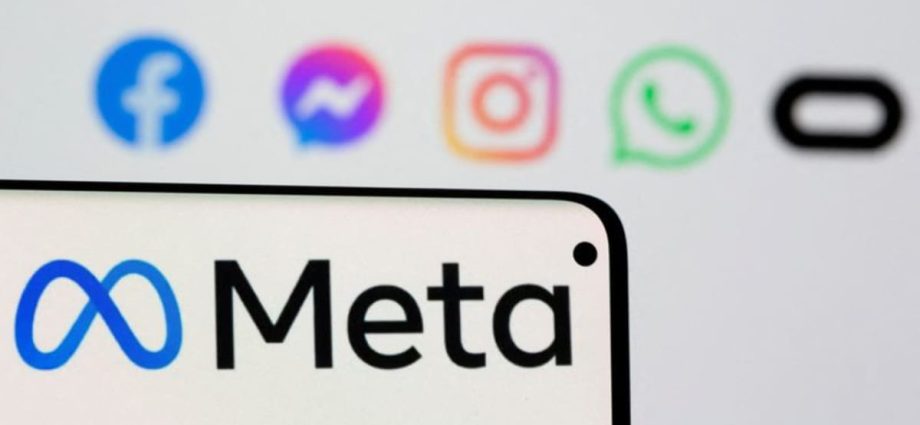
SINGAPORE: With heightened public interest in the affair between Singapore’s former Speaker of Parliament Tan Chuan-Jin and ex-Member of Parliament Cheng Li Hui, Facebook users may have expected a near non-stop flow of related news articles on their feeds, since news first broke on Monday (Jul 17).
But they would likely have been disappointed.
Indeed, when this reporter checked her feed on Tuesday, she found funny videos of dogs and articles about concerts. There was little about the scandal – or last week’s equally startling arrest of Singapore’s transport minister – even as news outlets continued their breathless coverage with one follow-up story after another.
It wasn’t too long ago – in 2015 – when a study commissioned by Facebook found that Singaporeans used the platform to keep up with the news.
So why has the social media giant appeared to have deprioritised news and “serious” content?
CNA explains why you may not have come across political stories on your Facebook feed yesterday.
IS FACEBOOK FOCUSING LESS ON NEWS?
In 2021 Mark Zuckerberg, CEO of Facebook’s parent company Meta, said a common piece of feedback received was that people did not want “politics and fighting to take over” their news feeds.
At that time, the company said it would temporarily reduce the distribution of political content for a small percentage of people in Canada, Brazil, Indonesia and the US.
After what it described as positive results, Facebook announced it would widen the trial to cover different countries and content.
On Apr 20 this year, it said it uses comments to determine whether a post is political in nature, and surveys to help its artificial intelligence systems understand user preferences.
Dr Tracy Loh pointed out that Singapore Management University’s (SMU) Lee Kong Chian School of Business said social media platforms, including Facebook, have been accused of promoting disinformation around elections in the United States.
“In a bid to address the issue, they decided that they would de-rank political content in people’s feeds as well as stop suggesting political groups to people.
“This was in response not only to inflammatory talk (on Facebook) but also in response to accusations of misinformation and disinformation,” said Dr Loh, who is a senior lecturer at SMU.
WILL I STILL SEE POLITICAL NEWS ON FACEBOOK?
The tweaks made by Facebook affect just one part of its algorithm, which has many different components to it, Dr Loh noted.
“If you yourself, as an individual, are inclined to watch more political information, the algorithm will still serve you political information,” she said.
Those whose friends share political news on the platform will also still see such content.
Meta believes its tests will lead to people being showed the type of content they want to see.
“While less than 3 per cent of what people see in their feed is political content, our goal is to make sure people see what’s most important to them,” it said.
DOES IT HAVE ANYTHING TO DO WITH META’S PIVOT TO THREADS?
Earlier in July, Meta launched a new application called Threads, which some have dubbed the “Twitter killer”.
Dr Loh said Twitter is seen as a more “newsy” social media platform, and it might be that Meta wants its users to access news on Threads.

